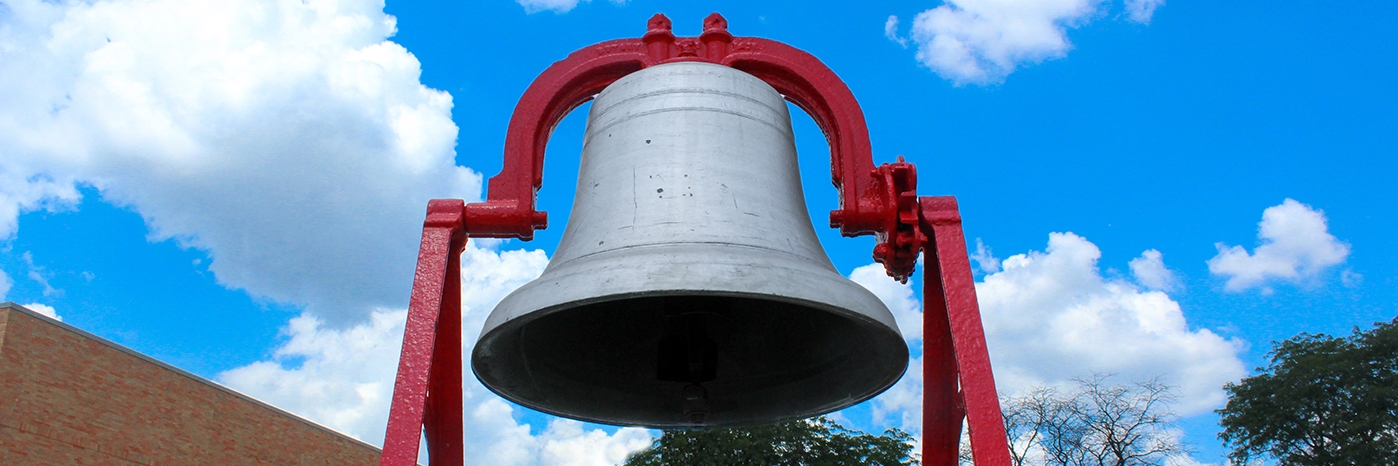Voices Ringing
Carroll High School Blog
Connecting Catholic Social Teaching to Liteature

“Literature adds to reality, it does not simply describe it. It enriches the necessary competencies that daily life requires and provides…” --C.S. Lewis
The Carroll High School English Department firmly believes that the study of literature is the study of the human experience. We are fortunate to be able to discuss life’s big questions through the use of literature and the application of Catholic Social Teachings. Our students learn that their experiences, challenges, and triumphs, while unique to them, also resonate with people throughout history. We get to ask the tough questions that we all face, but we get to start with a character from a book. These discussions are easy when talking about a character that we will never personally meet, but they also allow us to look within ourselves and determine how we would want to react when faced with the same challenge.
Literature adds to reality, it does not simply describe it. It enriches the necessary competencies that daily life requires and provides
-C.S. Lewis
Would we still go to school if by going we would risk our lives like Malala? Do we have the strength to write about the injustice of slavery like Harriet Beecher Stowe? Would we too lose all sense of civility if we were stranded on an island like Jack and Ralph? Do we have the compassion and love of Hans to quietly wash the sheets so a scared and displaced child learns the meaning of family? Are we able to believe that love can truly transcend barriers like Natasha? Can we discern true intentions when we meet a Mrs. Danvers? Are we able to relate to the memoirs of Tara and Trevor to examine our own path and simply do better? Does Okonkwo show us that the fear of failure can actually destroy us from the inside out? Are we as knowledgeable about our heritage and family history as Esperanza? Are we able to recognize the small ways that Mariam tries to maintain independence?
These are just some of the questions from the summer reading curriculum. Students are challenged to see the world outside their personal experience through the safety of literature. These questions build throughout the four years at Carroll and, hopefully, beyond. When we delve into a story of places and people that are not in our personal space, we can think and grow beyond what we currently know. We can ask the questions necessary to cause discussion and action in order to make this world better. Literature is both powerful and thought-provoking. To end the starting quote, ”it irrigates the deserts” that exist in each of us.
Eight must-read poems from the Carroll High School English Faculty
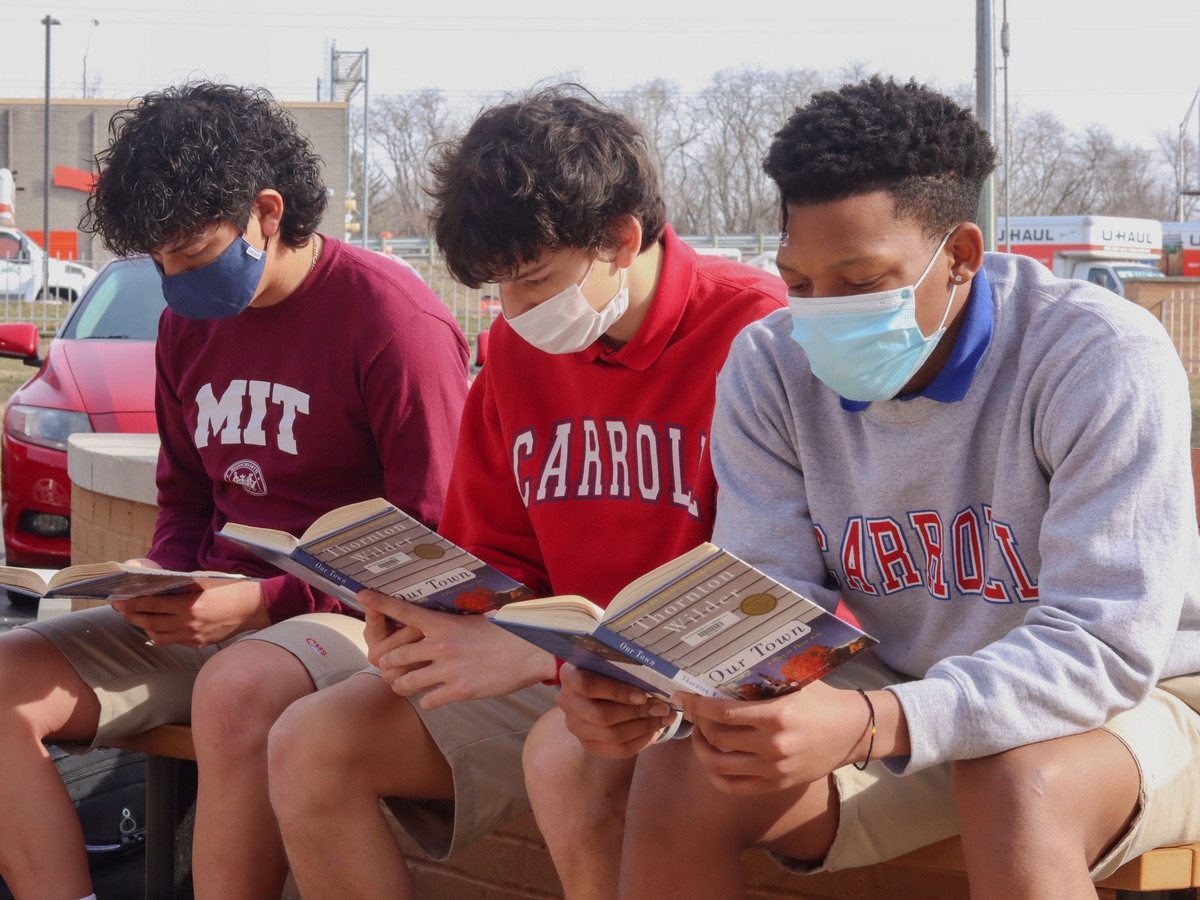
Whenever Poetry is brought up in an English class, there will inevitably be a series of groans. The perception of poetry is often that it is sappy, stuffy, or just impossible to understand. This genre can be rigid, symmetrical, controlled, and formal. However, it also can be uninhibited and written in a way that makes you wonder if the poet follows any rules (E.E. Cummings is a prime example). For most of us, our exposure to poetry are the poems we were given to read for an assignment or the writings of a Hallmark card. This is probably why each year when the Poetry Unit appears, it is accompanied by groans.
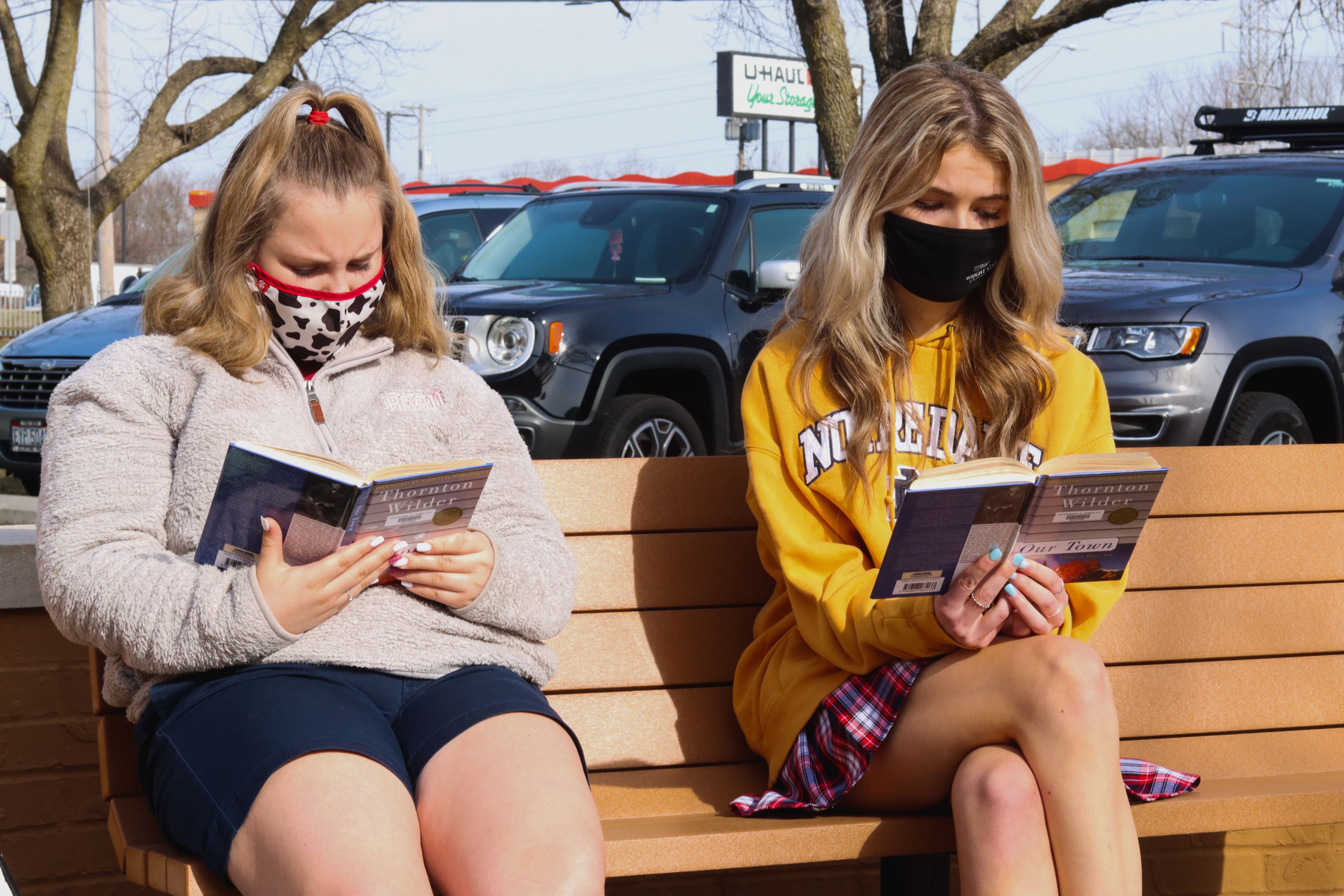
Our department’s goal is to help students realize the breadth and depth of poetry. My poetry class professor would start every class with a simple phrase: "I hope that today someone finds the voice she needed to hear.” That is what poetry is. Ten people can read the exact same poem and take away ten different meanings. Poetry allows us a glimpse into someone’s thoughts, heart, and soul like no other genre does. When we read a poem that embodies the very thoughts we find that we ourselves cannot articulate, it becomes an anthem. Sometimes it even allows us to be brave enough to try our hand at it. Luckily, we offer our students the chance to experiment with their own poetic voices during class, and for those that wish to make these works more public, we have our Write On publication that takes submissions from all students and staff. I hope you all have a chance to explore poems that speak to you. Our department has a few favorites we would like to suggest:
Ms. Claire O’Malley: The Summer Day by Mary Oliver
Mrs. Ann (Calderone) Bertke '88: Birches by Robert Frost
Ms. Molly Stanifer: B also titled If I Should Have a Daughter by Sarah Kay
Mrs. Marcy (Hemmert) Hughes '83: Hope is the Thing With Feathers by Emily Dickinson
Courtney (Griffith) Thompson '16: Phenomenal Woman by Maya Angelou which is also a favorite of Marcy Hughes and Mary Kate Caserta
Mary Kate Caserta: Richard Cory by Edwin Arlington Robinson
Ben Joplin: To the True Romance by Rudyard Kipling
Ben Swick: Avocado by Chris Harris
Seven modern books with Catholic Social Teaching Themes
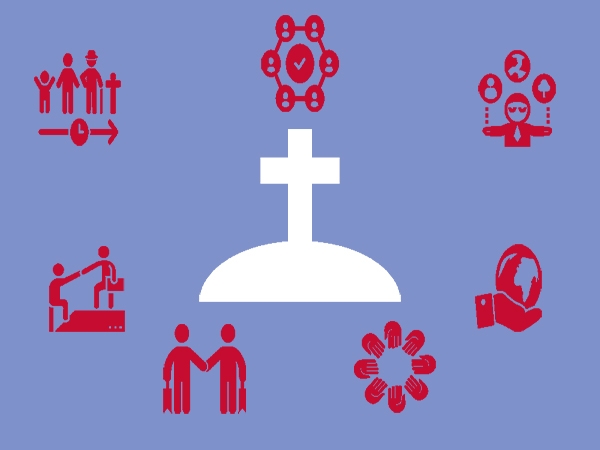
Carroll High School’s English Department is honored and privileged to be able to talk about literature under the scope of the seven principles of Catholic Social Teaching. Any work we read can be applied to one of the seven principles, if not more. We would like to take this opportunity to show the link between each principle and one of the works we read throughout a student’s four years at Carroll.
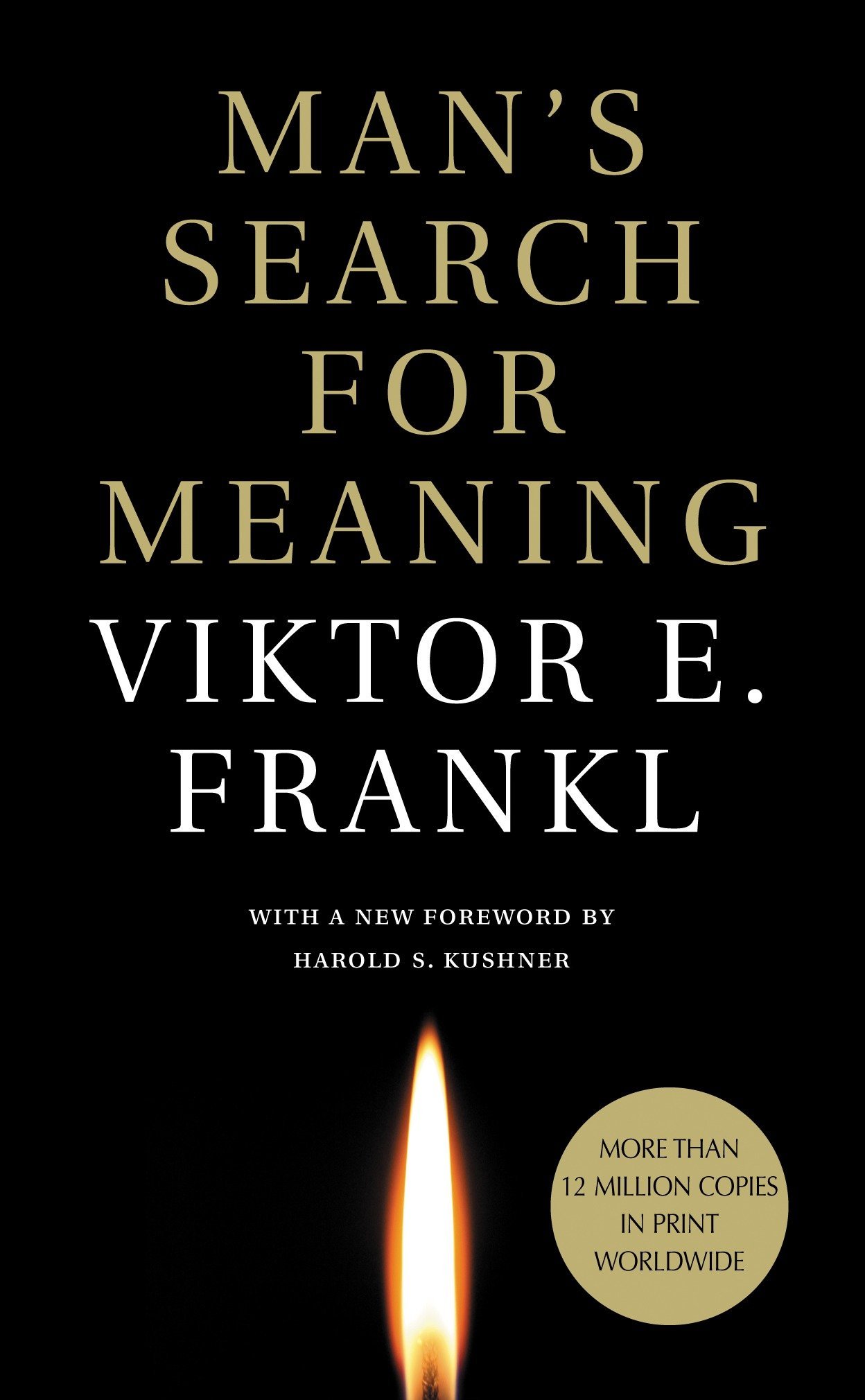
Life and Dignity of the Human Person
Many of our works greatly exemplify this principle, but our seniors would say Man’s Search for Meaning gives them insight on how we must hold onto this principle, even when the world around us shouts that it is unimportant.
Call to Family, Community, and Participation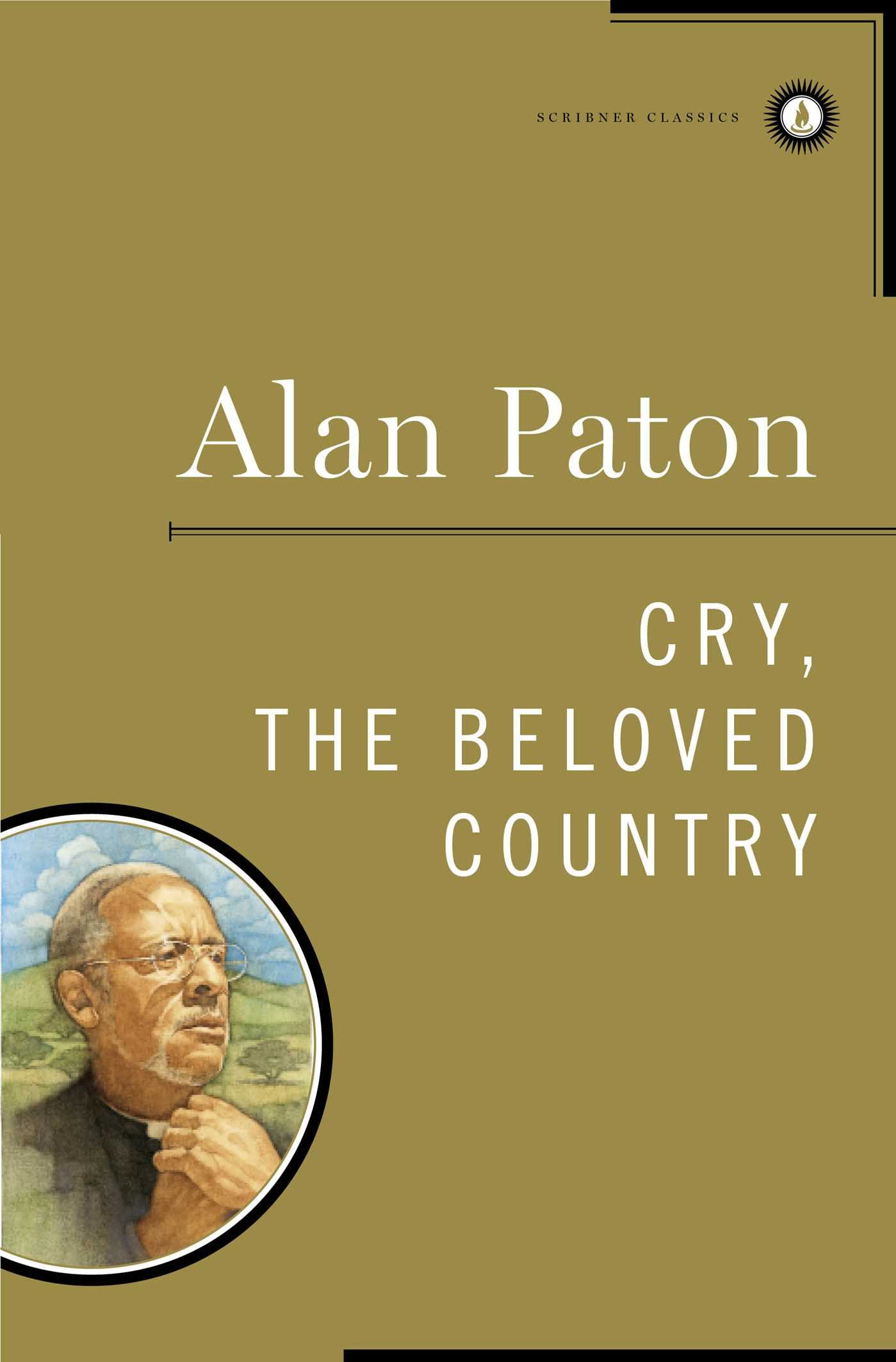
In Cry, The Beloved Country we see how we must build strong community foundations to bridge the differences between classes and ethnicities. Destroying the pillars of marriage, family, and community, while also widening the gap between the haves and have-nots, will cause distrust, hatred, and collapse. Only by working to strengthen these pillars for all can we achieve the world we wish to have.
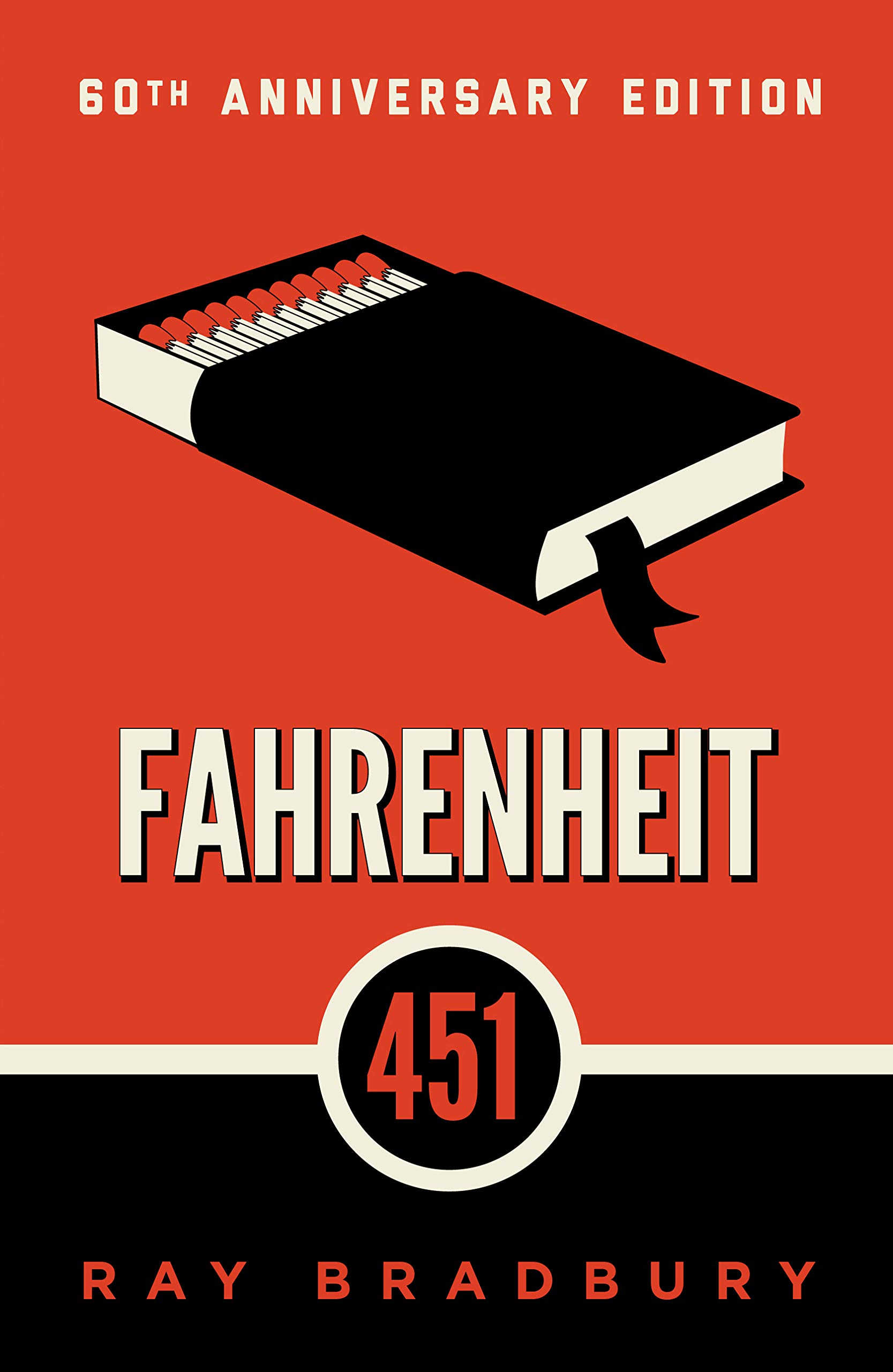 Rights and Responsibilities
Rights and Responsibilities
Fahrenheit 451 gives us a glimpse of what happens when people allow themselves to be stripped of the opportunity to think, feel, and fight for what is right. If we do not take up the responsibility of fighting for the dignity of life and care of the individual, our society will implode.
Option for the Poor and Vulnerable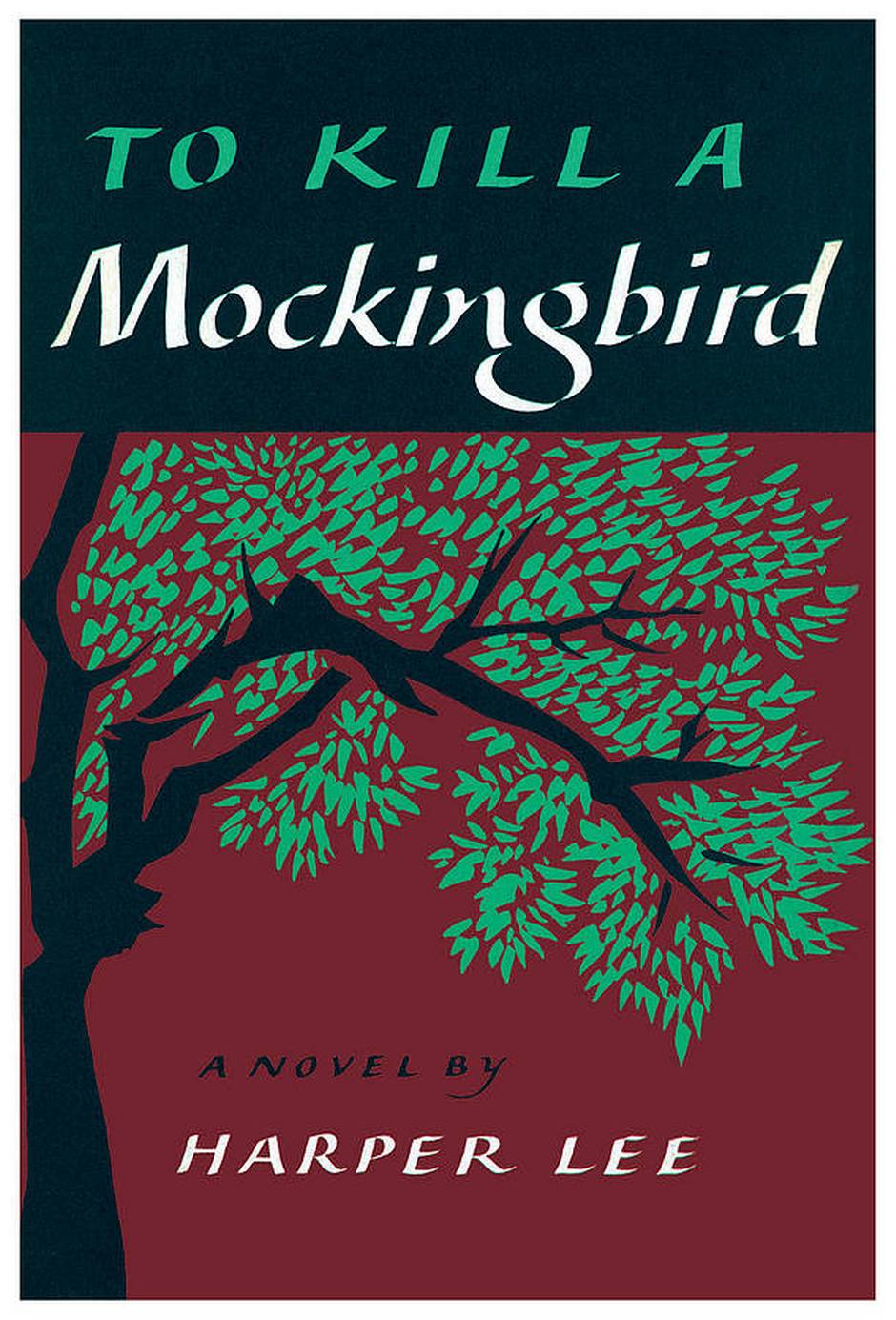
To Kill a Mockingbird is a work that can be applied to all seven principles easily. However, maybe the biggest takeaway is that all people deserve to be heard, treated, and cared for with respect and dignity. We can not stand by and watch injustice. We must take a stand and work to change the views of our community and world.
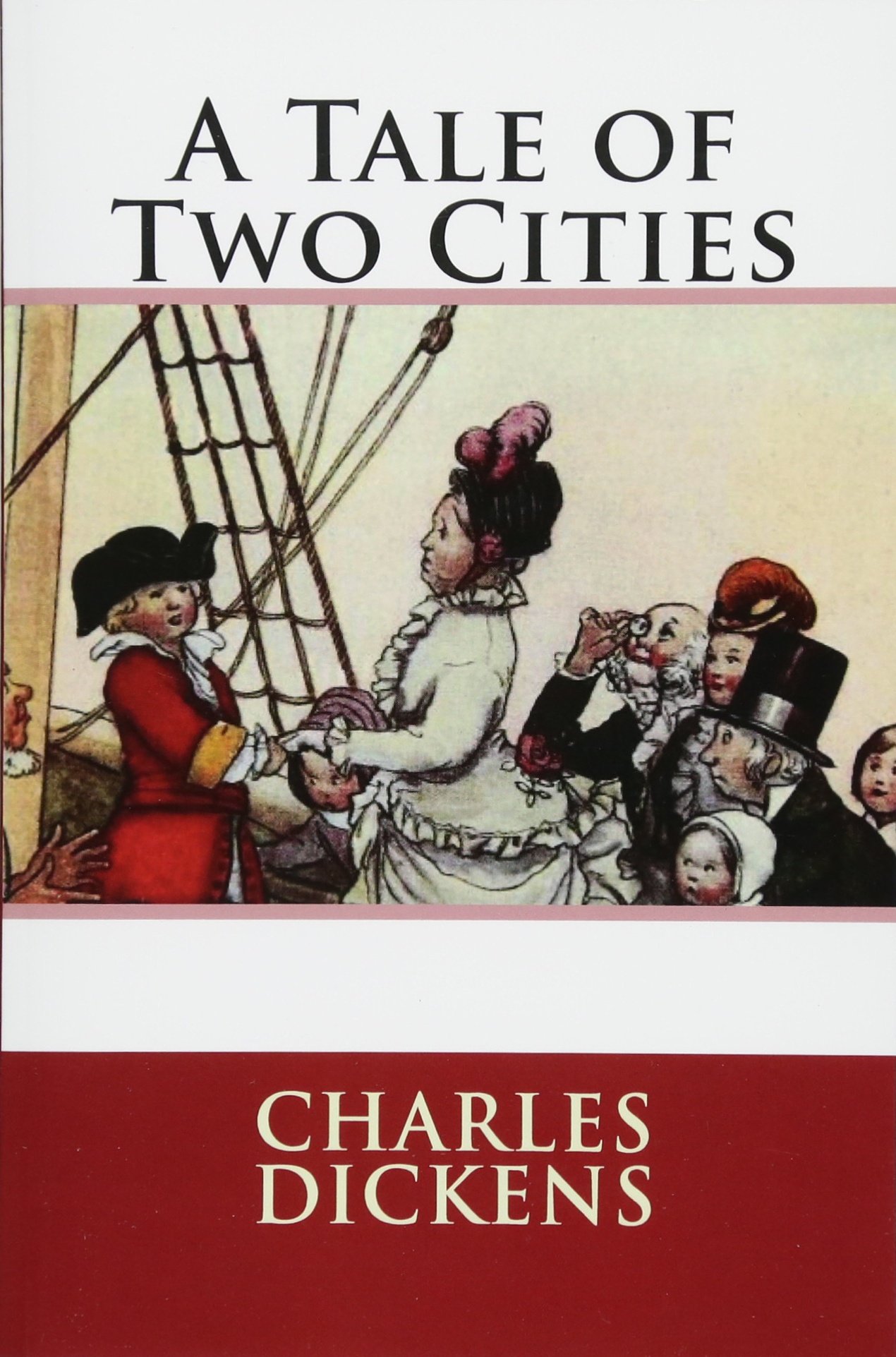 The Dignity of Work and the Rights of Workers
The Dignity of Work and the Rights of Workers
A Tale of Two Cities makes the reader examine how the workers are treated with respect to the employers. To put ourselves in the middle of the conflict between classes allows us to reflect on and answer the tough questions about the rights of all, not just the privileged.
Solidarity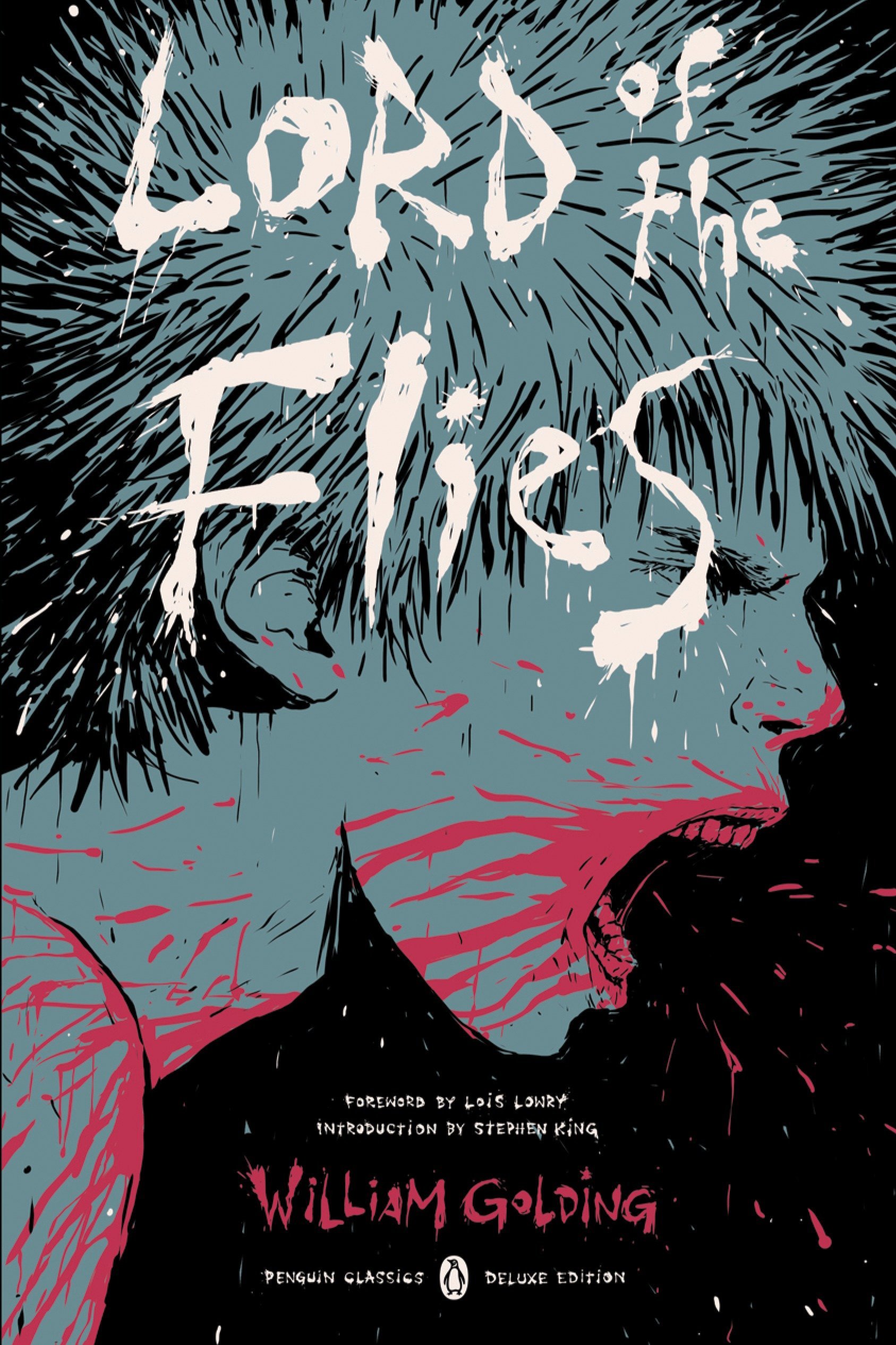
We must stand together for the greater good. We all have a responsibility to make policy that leaves this world better than we found it. Lord of the Flies demonstrates what happens when the structure of society is stripped away, and we must start from scratch. The outcome is our choice, but it is not an easy path.
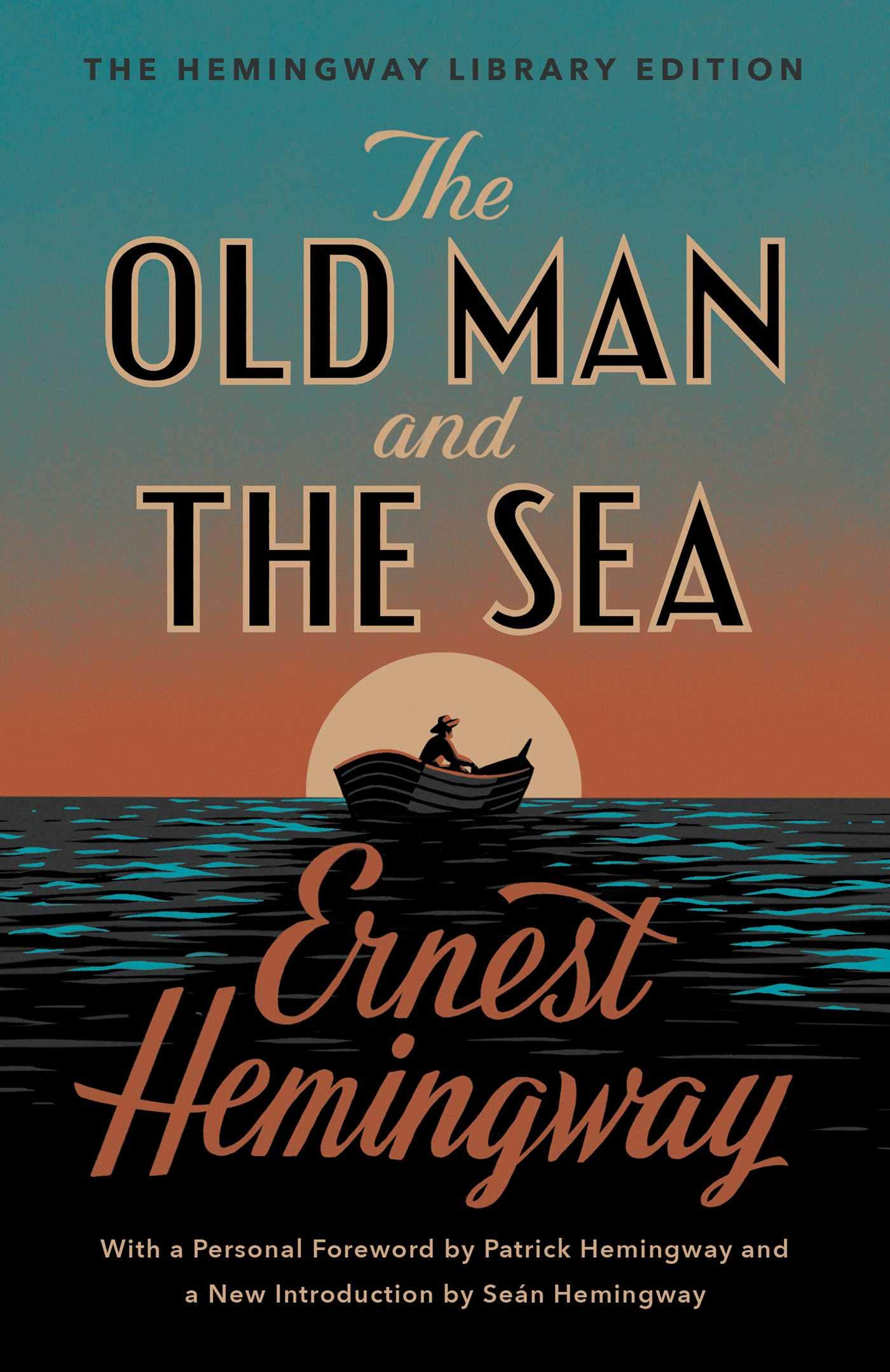 Care for God’s Creation
Care for God’s Creation
The Old Man and the Sea is an example of how all life is interconnected. To use resources without respect cheapens the value. To recognize the power, grace, and dignity of all creatures allows us to be true stewards of the earth. We must appreciate and use our resources responsibly and honorably.


